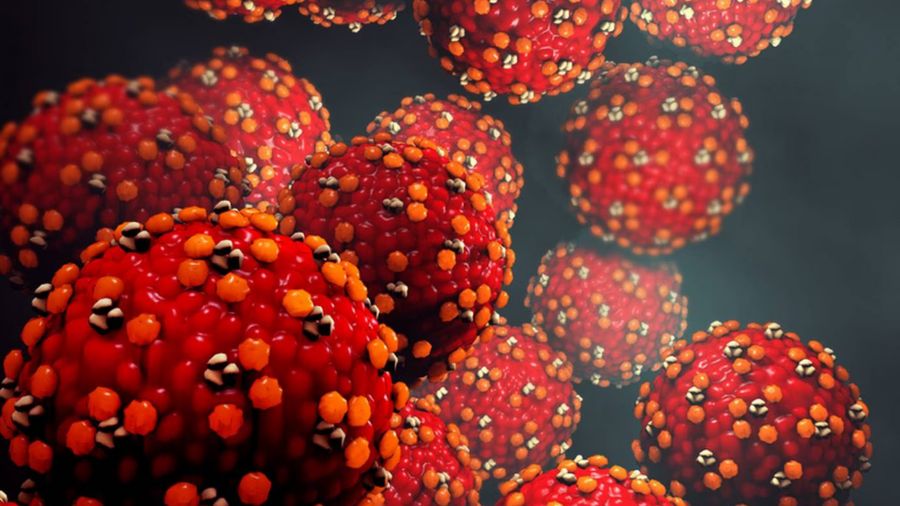What America often misses when discussing mass shooters
Mar 26, 2018, 6:17 AM | Updated: 4:32 pm

Attendees raise their candles at a candlelight vigil for the victims of the shooting at Marjory Stoneman Douglas High School, Thursday, Feb. 15, 2018, in Parkland, Fla. (AP Photo/Wilfredo Lee)
(AP Photo/Wilfredo Lee)
The cycle generally goes like this: There’s a mass shooting, people are sympathetic, and then arguments begin about gun control and mental illness.
But Eric Madfis, who teaches criminal justice at the University of Washington-Tacoma, says America’s conversation often misses some key factors, including masculinity and whiteness.
“It is true that the vast majority, almost in every case, whether we are talking about school shootings or mass shootings, they are done by men and boys,” he told KIRO Radio’s Dave Ross.
“Certainly there have been mass shooters and school shooters who have not been white, who have been of other ethnicities,” he added. “However, it is true if you look at different types of homicide, single-victim homicides, serial killing, and so forth, mass murderers are definitely most likely to be white. They are disproportionately white relative to the share of population.”
RELATED: Has America lost a generation of men who can’t deal with emotions?
The conversations around these factors are more difficult, which is why many people don’t discuss them. Or they divert the issue to problems like mental illness. But the facts are facts, Madfis said. And while mass shooters are more likely to be white and male, there are other aspects that they have in common.
Loss
For example, most mass shooters have experienced loss throughout their lives — in work, love, school, etc. Madfis calls this “accumulative strain.”
“Part of that has to do with how we deal with loss,” he said. “This is true across the board, most mass shooters, school shooters, workplace shooters, tend to have experienced lots of losses throughout their lives.”
“Over time they experience these pressures,” Madfis said. “Then often, there is a catastrophic event that precipitates these sort of things. Part of that has to do with coping mechanisms. White people tend to have higher expectations for their life, due to the systemic structure of racial dynamics … and so when people don’t get those things or get those things they expect to achieve, they are ultimately more angry about that.”
Mass shootings and masculinity
Madfis also points to masculinity. He argues that much of what America views as masculine is social, not biological. Such as not allowing boys to cry, or associating violence with being tough or manly.
“We have to have a critical look at masculinity and what that means … a part of that is what is motivating these guys to do these things,” Madfis said.
“Part of it is the desire … if you can’t achieve your masculinity by being a good father, getting a successful job to provide for your family, or making lots of money, or being a good athlete, all the other kinds of ways you can achieve your proper, normal sense of masculinity,” he said. “A way to achieve that, to achieve power and fame and also masculine toughness, you commit a mass shooting. And people see you as powerful and important to talk about.”
This is partially why Madfis and his colleagues often ask the media not to use shooters’ names or to glamorize these tragedies.
“Part of it is that we do associate violence with masculinity,” he said. “…The most masculine police officers are the ones with the toughest beat. The most masculine athletes are the ones who play the most violent sports, like football.”
Mental health
The professor says that most mental health arguments that show up in the wake of a shooting are diversions from discussing more difficult issues of gun control or masculinity.
RELATED: Taking on the NRA might be Trump’s perfect distraction
“I think people have the sense to say that if someone did something like this, they can’t be mentally healthy,” he said. “That is different than talking about the legal or medical definition of insanity. It is true that if you look at these cases in the aggregate, there are some serial killers who are psychopaths who don’t experience empathy or remorse. And there have been some who are mentally ill and out-of-touch with reality. But they are in the minority. The majority of mass killers have not had a formal diagnosis or experience in the mental health care system. That is counter to what people expect.”
Many mass shooters are depressed or suicidal, however.
“They often rationally calculate what they are doing, they often plan these things for a long time in advance,” Madfis said.
Listen to the entire conversation here.













